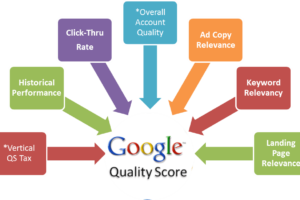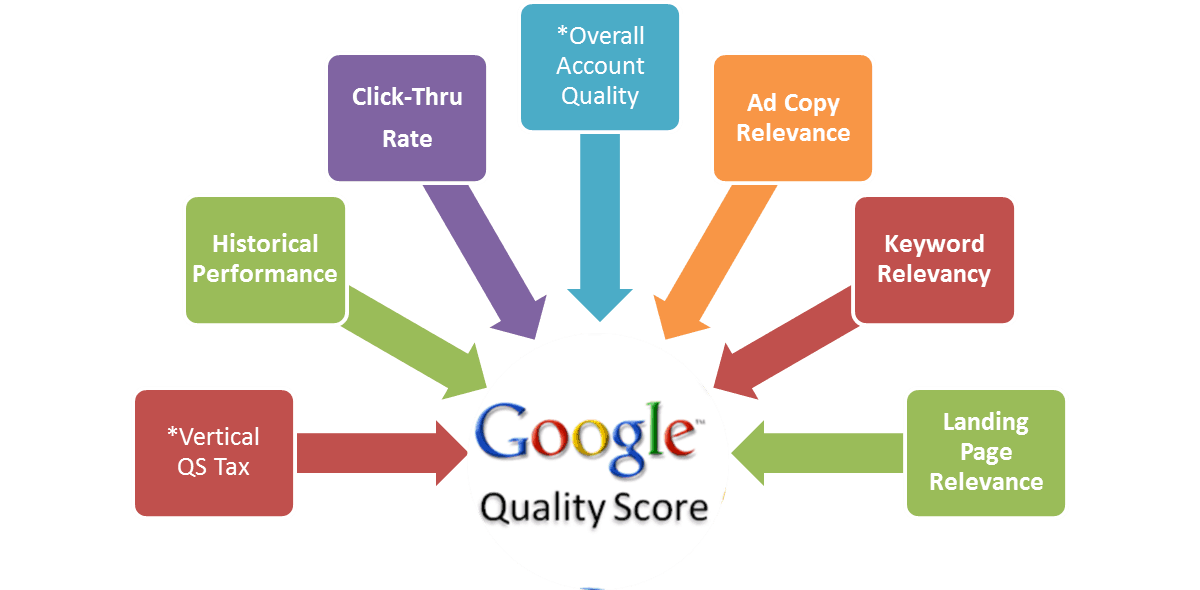Are you running your website and want to boost your website ranking? Do you want to build your presence online and rank your keywords? Interested in knowing how to improve your ranking on Google? If all these belongs to what you need, then you are at the right destination.
In the ever-competitive landscape of search engine optimization (SEO), improving keyword rankings on Google is a crucial strategy for businesses and individuals alike. Ranking higher for target keywords can significantly boost your website’s visibility, attract organic traffic, and drive conversions. However, achieving and maintaining top keyword rankings requires a meticulous and strategic approach.
This blog delves into actionable tips, strategies, and best practices for improving Google SEO keyword rankings effectively.
Conduct Thorough Google Keyword Research to Improve Ranking on Google
The foundation of improving SEO keyword rankings lies in selecting the right keywords. Use tools like Google Keyword Planner, SEMrush, or Ahrefs to identify keywords with:
- High search volume
- Low to moderate competition
- Relevance to your content and target audience
Opt for a mix of long-tail and short-tail keywords. Long-tail keywords, while less competitive, often bring highly targeted traffic.
But, do keywords still matter?
The answer to this question is simply Yes.
Optimize On-Page SEO Keyword Ranking to Build Presence on Google
On-page SEO refers to optimizing individual web pages for better search engine rankings on Google. Here’s how to do it effectively:
- Title Tags and Meta Descriptions: Include your target keywords naturally and make them compelling to attract clicks.
- Header Tags (H1, H2, H3): Structure your content with header tags that include relevant keywords.
- Keyword Placement: Place keywords naturally in the first 100 words, in headings, and throughout the content. Avoid keyword stuffing.
- Image Optimization: Use descriptive file names and alt text for images containing keywords.
Create High-Quality, Engaging Content
Google prioritizes content that provides value to users. Here’s how to craft content that ranks:
- Address user intent by answering questions and solving problems.
- Ensure content is well-researched, in-depth, and unique.
- Use engaging formats like lists, tables, and multimedia.
- Update old content to keep it relevant and fresh.
Improve Technical SEO for Keyword Rankings
Technical SEO ensures that search engines can easily crawl and index your site. Key aspects include:
- Mobile Optimization: Use responsive design to make your site mobile-friendly.
- Site Speed: Improve loading times by optimizing images, enabling browser caching, and using a content delivery network (CDN).
- Secure Website (HTTPS): A secure site can enhance user trust and rankings.
- XML Sitemap: Submit a sitemap to Google Search Console for better indexing.
Build High-Quality Backlinks to Improve Ranking on Google
Backlinks from authoritative sites signal trust and relevance to search engines. Strategies for building backlinks include:
- Guest blogging on reputable websites.
- Creating shareable, link-worthy content such as infographics and case studies.
- Reaching out to influencers and niche experts for collaborations.
Leverage User Experience (UX)
A seamless user experience enhances dwell time, reduces bounce rates, and signals quality to Google. To improve UX:
- Ensure intuitive navigation and a clean layout.
- Provide fast-loading pages and accessible content.
- Implement clear CTAs (calls to action).
Monitor and Measure Performance to Improve Ranking
Track your keyword rankings and site performance using tools like Google Analytics, Search Console, and Ahrefs. Analyze key metrics such as:
- Organic traffic growth
- Bounce rates
- Conversion rates
Regularly refine your strategy based on data insights.
FAQs
- How long does it take to improve SEO keyword rankings on Google?
Improving keyword rankings typically takes 3–6 months, depending on competition, industry, and the effort invested. Patience and consistency are key.
- Should I focus on one keyword or multiple keywords?
It’s best to focus on a cluster of related keywords. This helps capture a broader audience while maintaining relevance.
- How often should I update my content?
Regular updates (every 6–12 months) help keep content fresh and aligned with current trends or algorithms.
- Can social media affect keyword rankings?
Indirectly, yes. Social media shares can increase traffic, brand awareness, and potential backlinks, positively impacting SEO.
- Is paid advertising a good way to improve keyword rankings?
Paid ads (e.g., Google Ads) don’t directly affect organic rankings but can drive immediate traffic, which might boost engagement metrics over time.
Conclusion
Improving keyword rankings on Google is not an overnight process but a journey of consistent effort and adaptation. By integrating these strategies and staying updated with SEO trends, you can achieve sustainable growth in your search visibility and online success.











